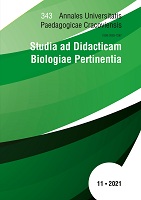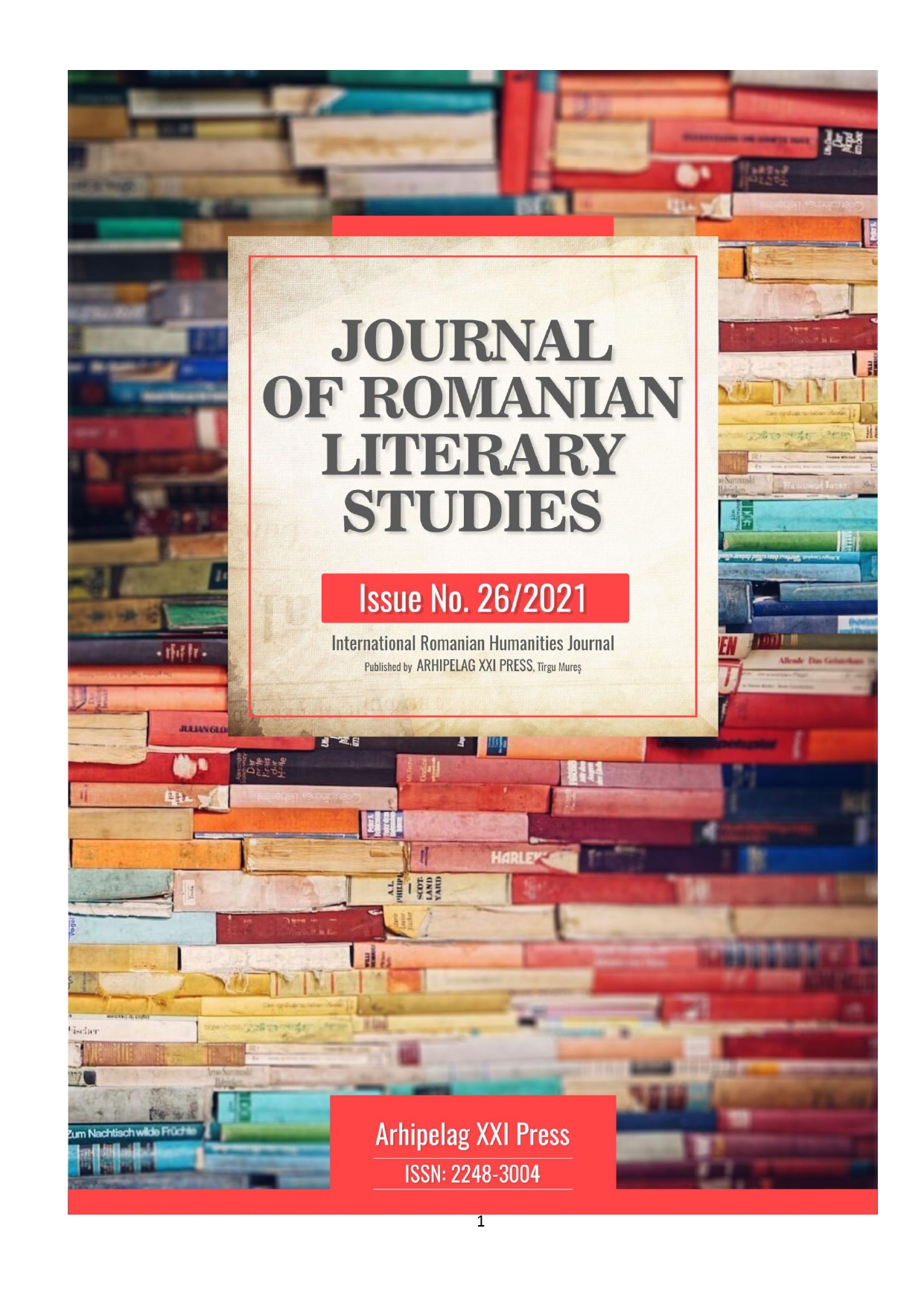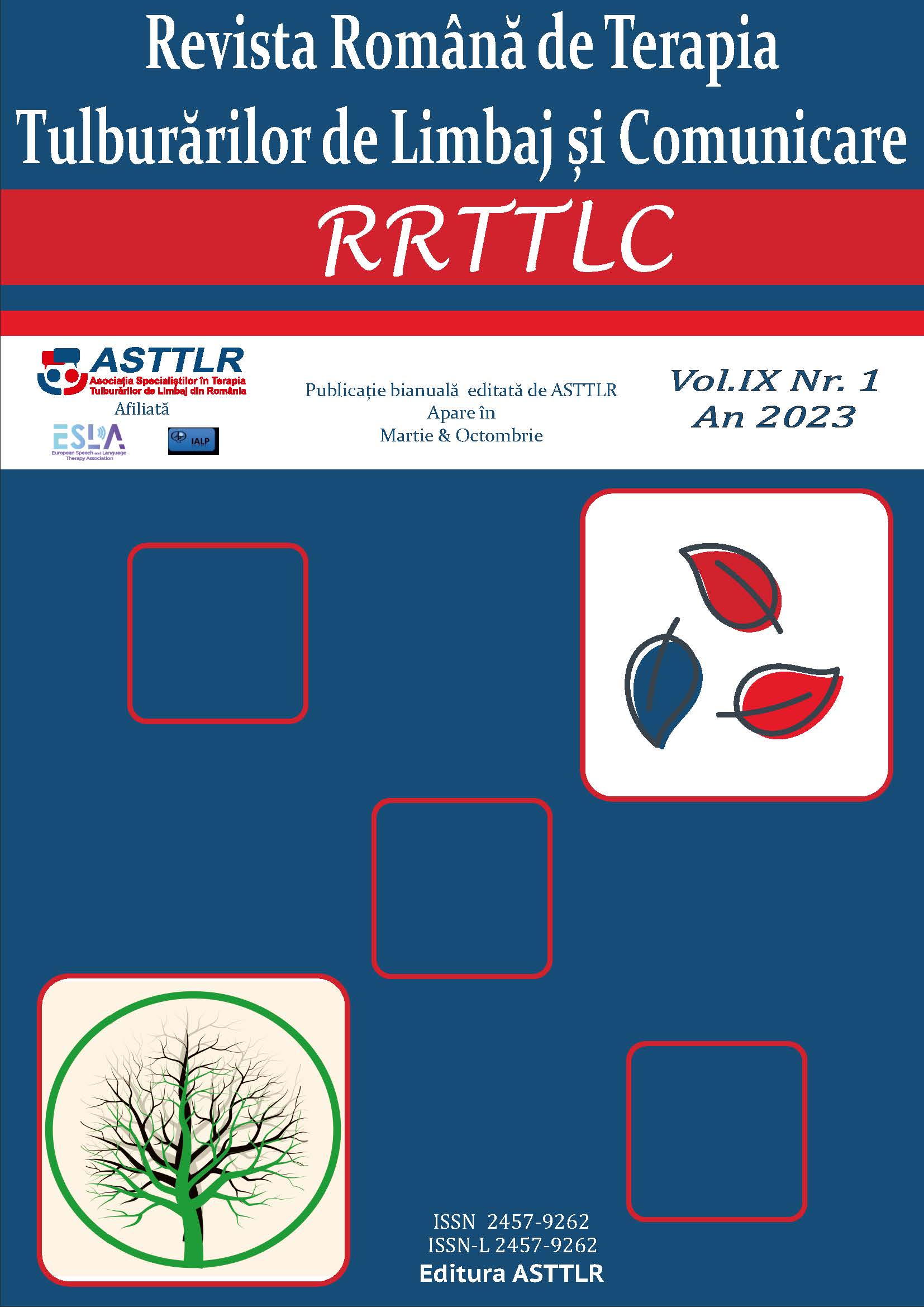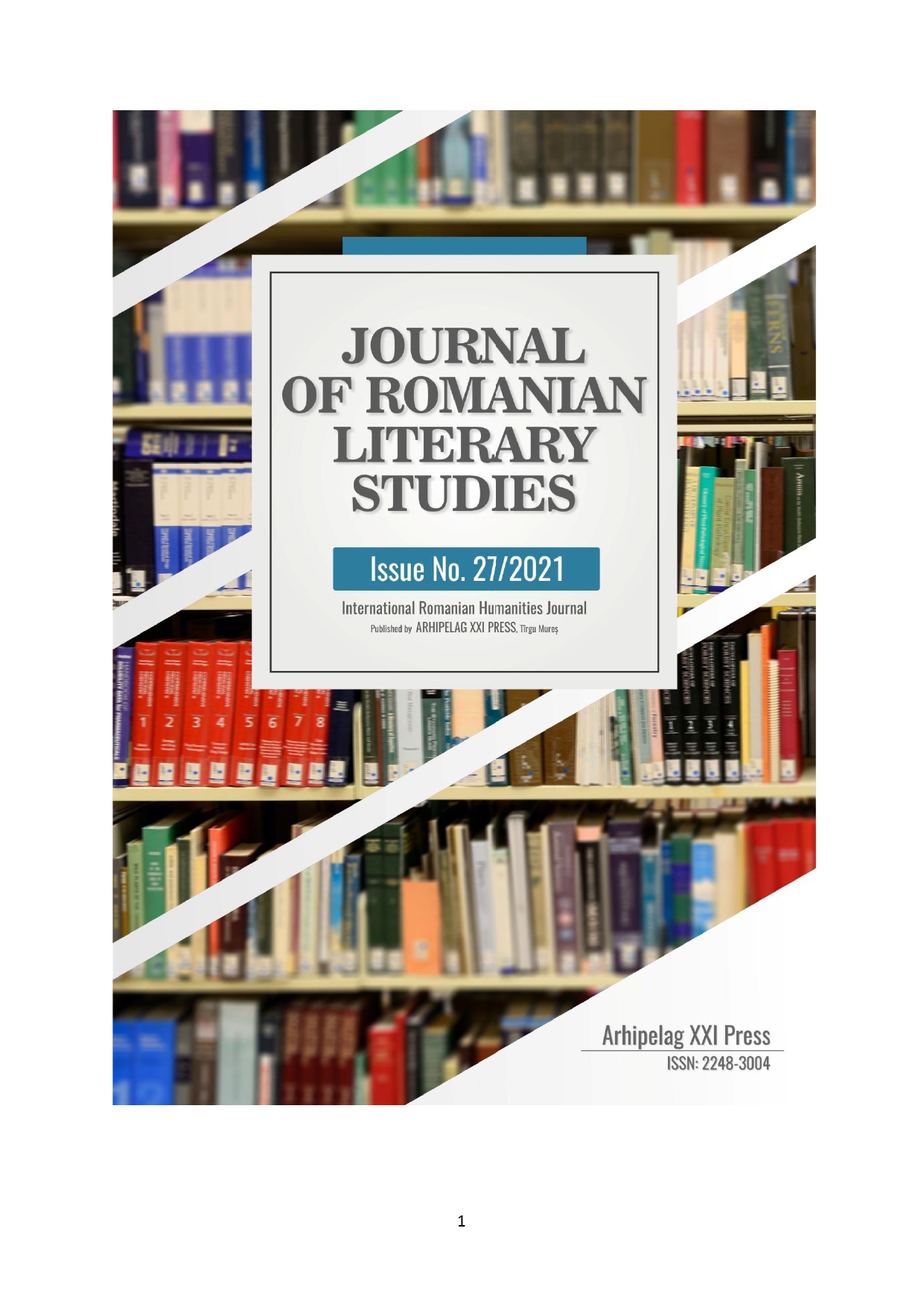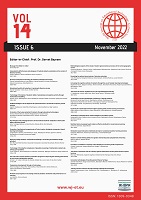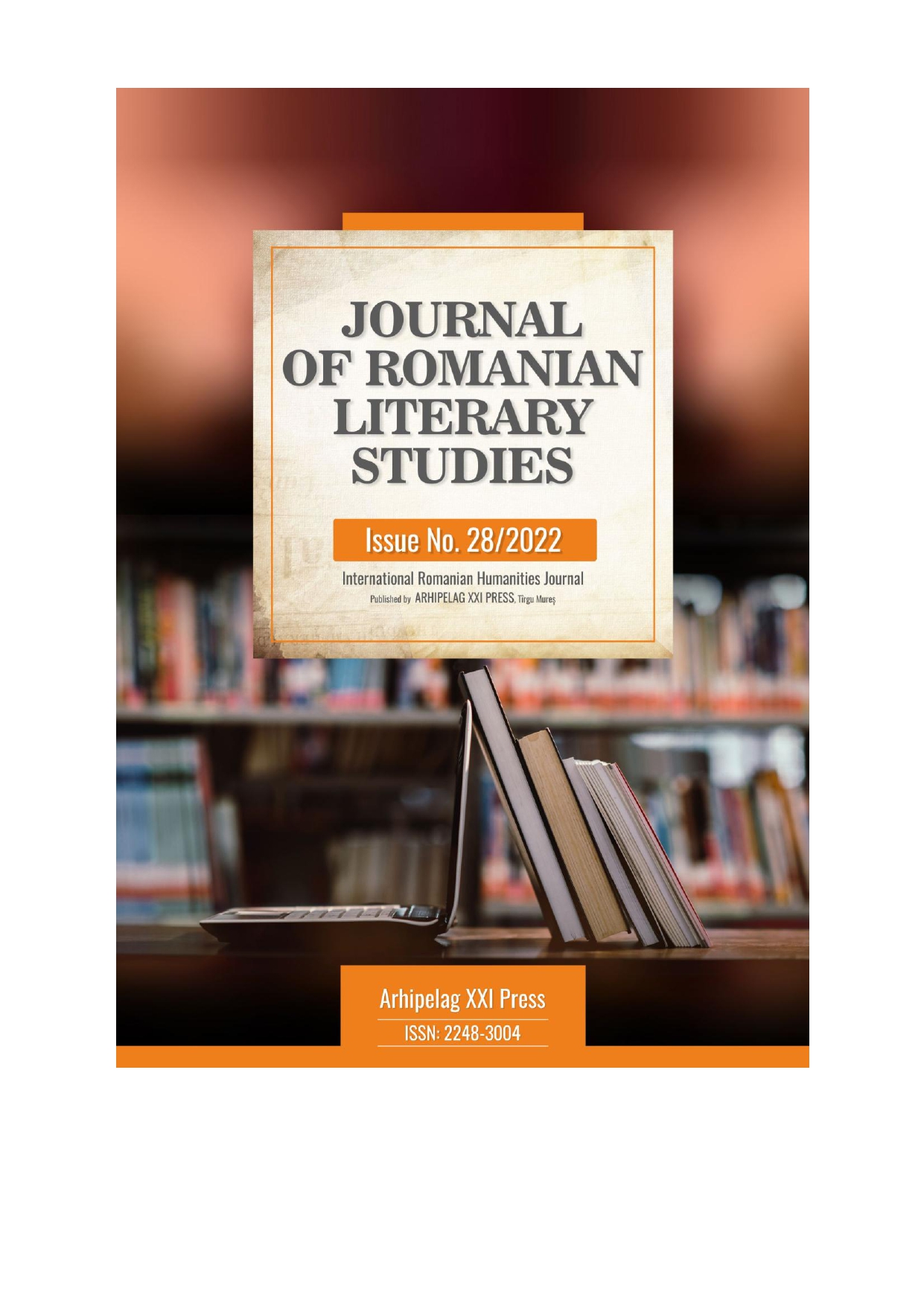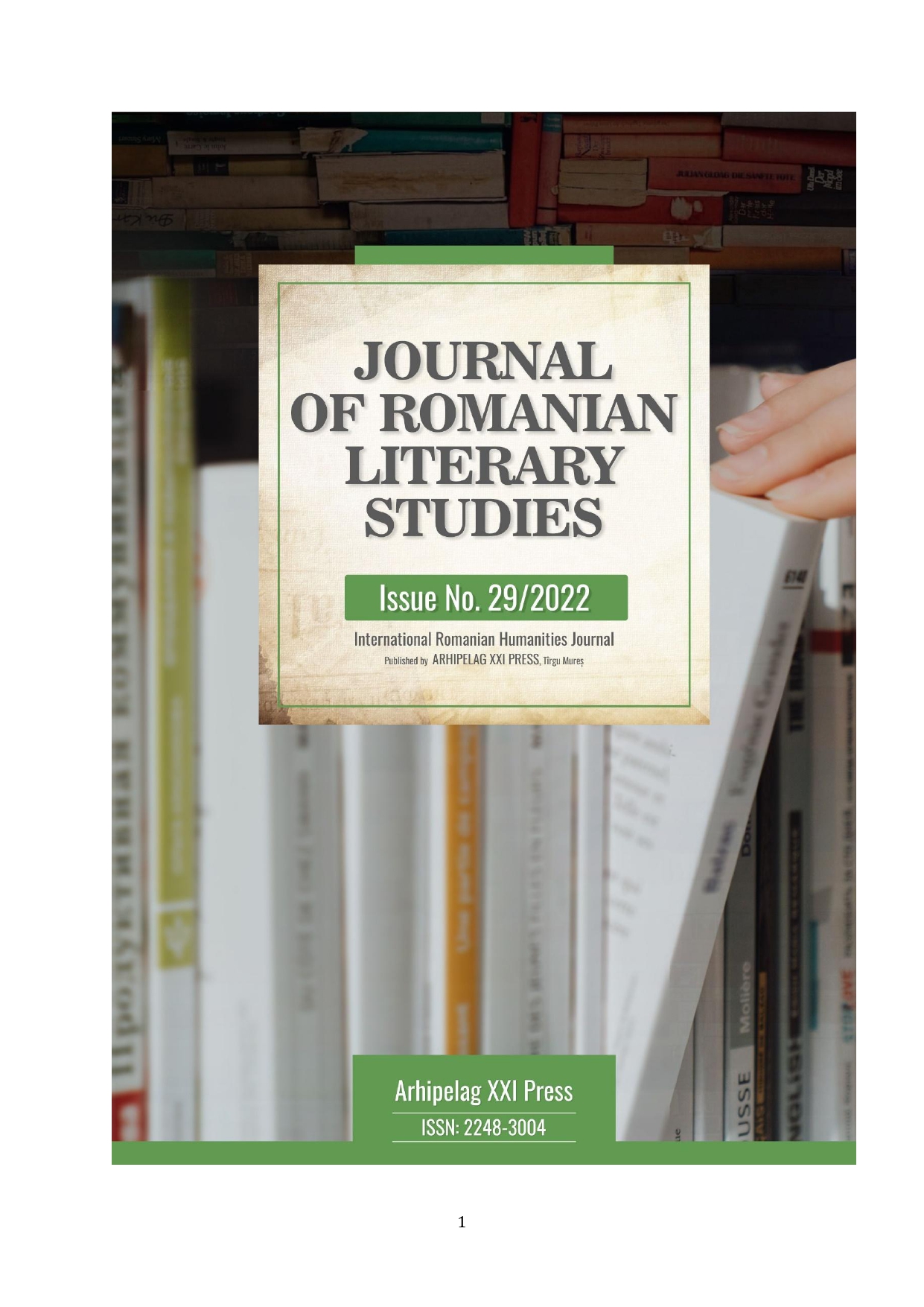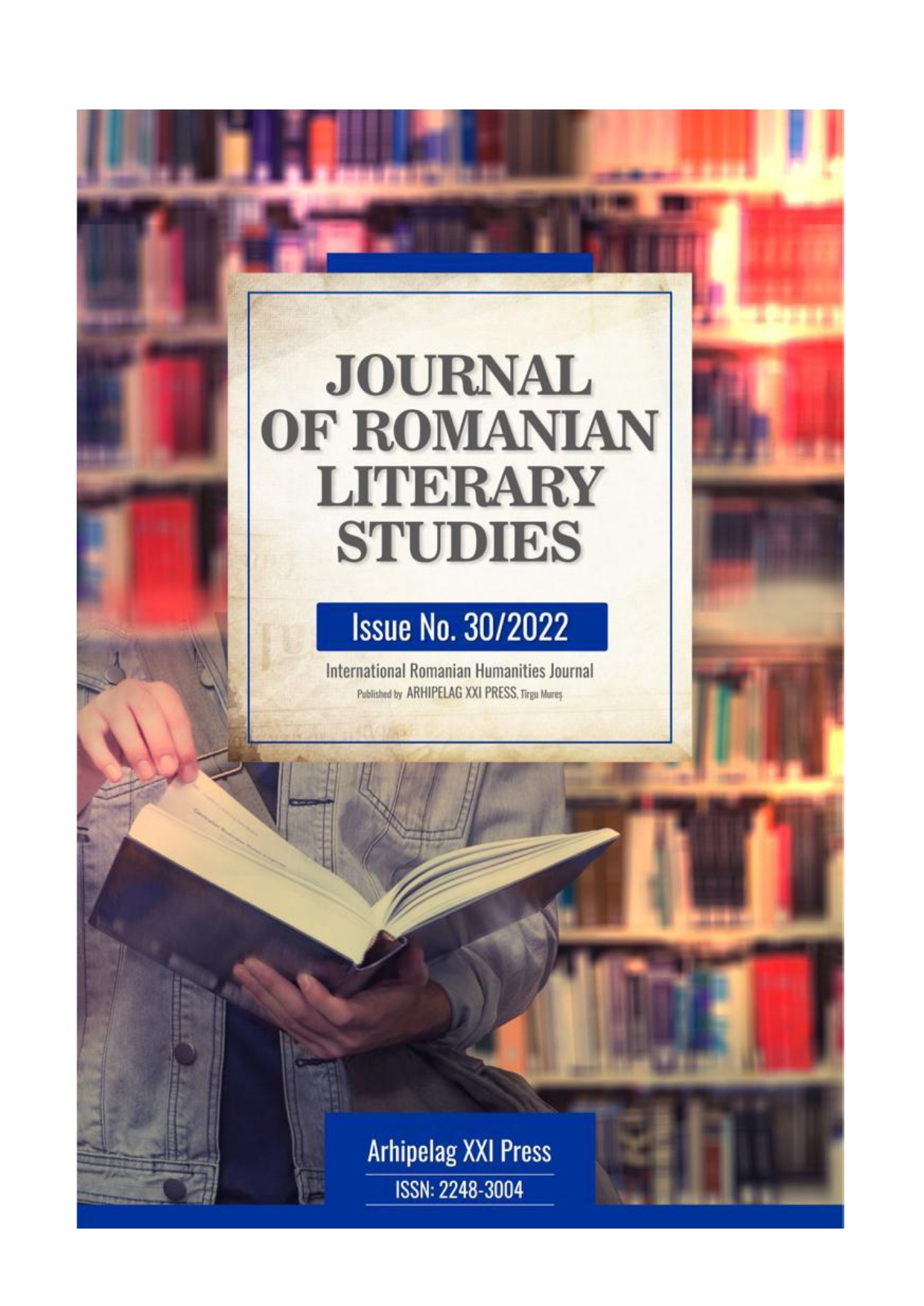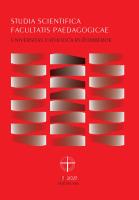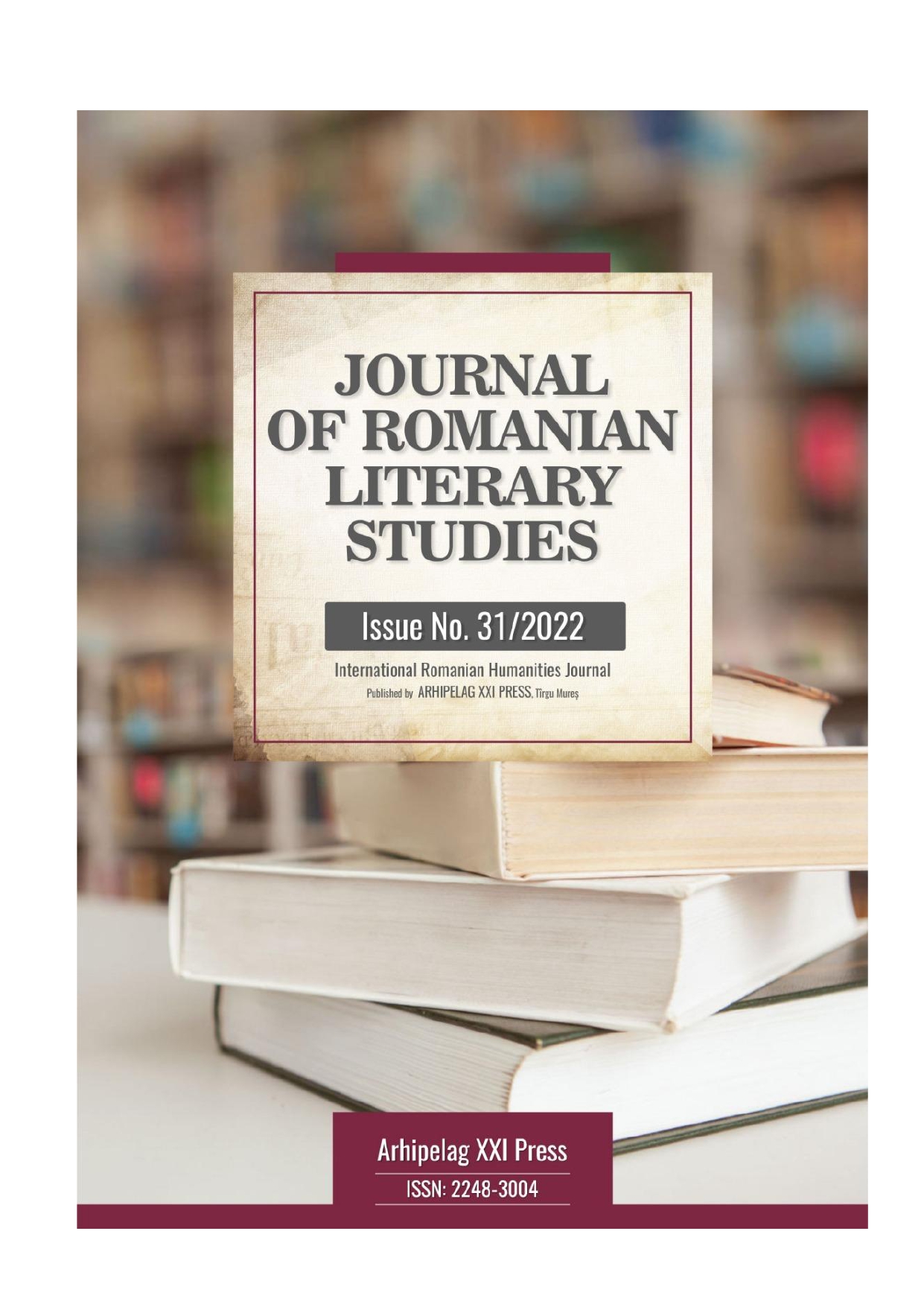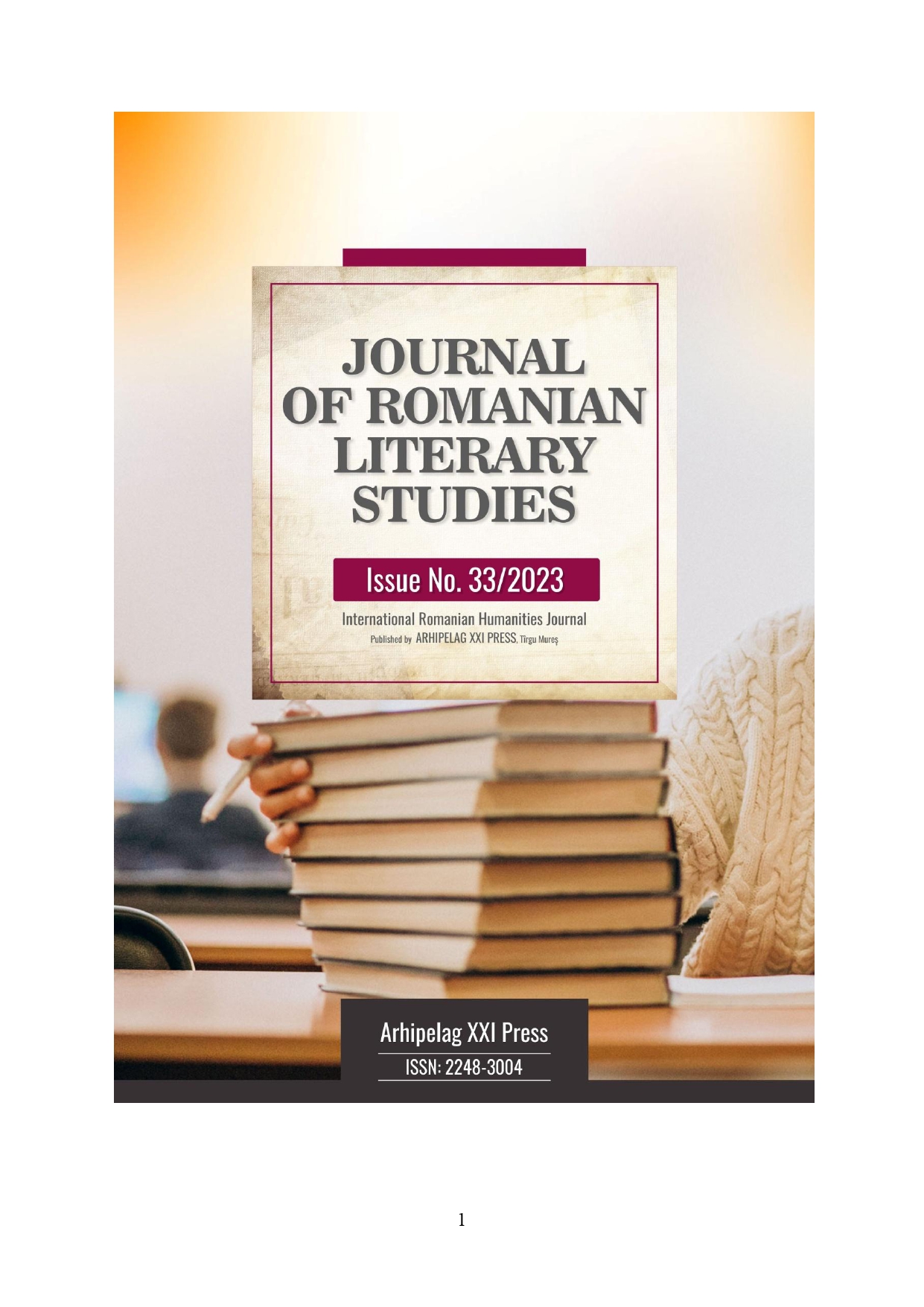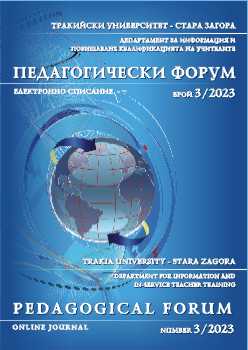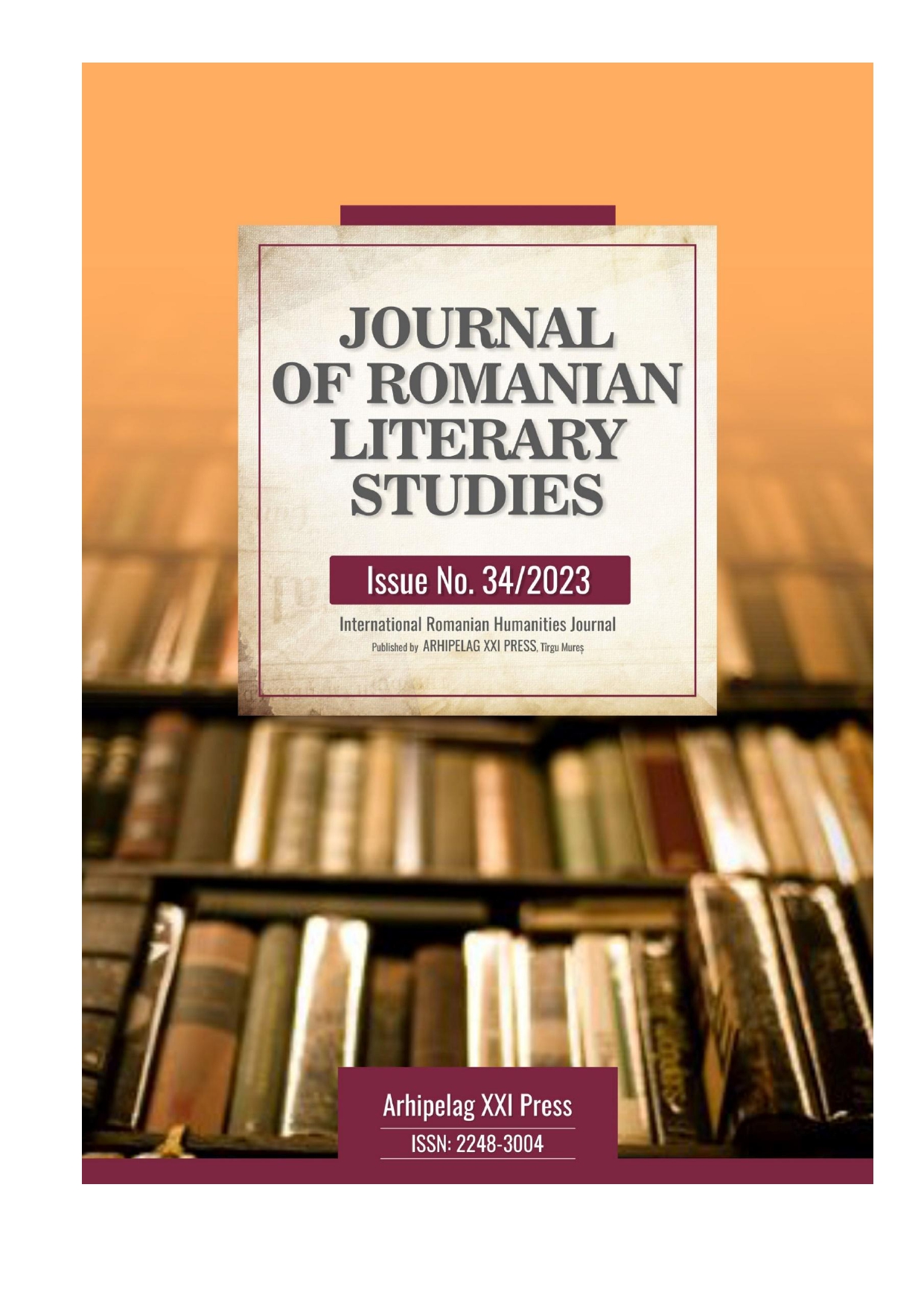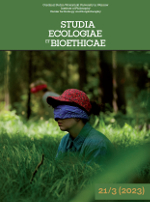Author(s): Elena Lăcrămioara Buzzo / Language(s): Romanian
Issue: 1/2023
Phonetic disorders are errors of articulation and resonance of phonemes, which, in the presence or absence of organic changes in the phonoarticulatory organs, persist beyond the acquisition of perceptual and articulatory skills.For the correct production of each vowel/consonant, the structures of the articulatory apparatus come into contact in a variable way, following finely coordinated movements, and adopt a certain position to allow the correct emission of the sound.Orofacial muscle imbalances and disorders are disorders of the muscles and functions of the face and mouth. These can directly and/or indirectly affect breastfeeding, growth and development of the facial skeleton, mastication, swallowing, resting position of the tongue, speech- phonemic articulation, occlusion, temporomandibular joint (TMJ) movements, oral hygiene, stability of orthodontic treatment, facial aesthetics and others.The correct swallowing mechanism depends on the correct relationship between the muscles of the face, mouth and pharyngo-laryngeal region, but also on a balance of the entire body system.Another important element that must be taken into account, in particular, is the resting position of the tongue. Dysfunctional swallowing - refers to a condition in which there is an alteration of the mouth-lingual movements in the act of swallowing.Balancing the oro-facial musculature through education - re-education of deviant swallowing, breathing and mastication difficulties, phonatory verbal articulation alterations, malocclusion and painful symptoms of the temporomandibular joint, in different age groups is done through TMF (Myofunctional Therapy).Myofunctional therapy can lead to stable correction of swallowing abnormalities, with positive effects for correcting speech articulation disorders.
More...
